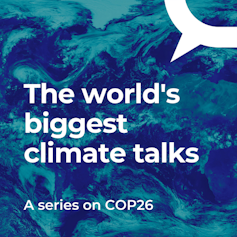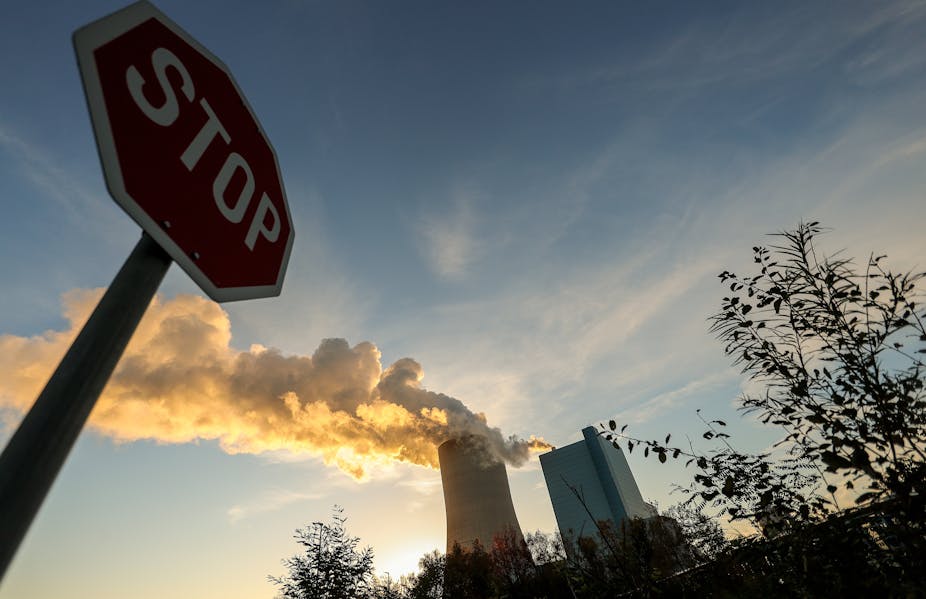For two weeks in November, the world focused its attention on the COP26 UN climate summit in Glasgow.
Will the Glasgow Climate Pact, signed by 197 countries, be enough to keep global warming below 1.5°C, or even below 2°C? Will other commitments announced at the summit, to cut methane emissions, halt and reverse deforestation, and a pledge by more than 40 countries to phase out coal, really make a difference?
And what happens next, once all the delegates, scientists and civil society activists have left? How will progress towards net zero targets and climate finance be monitored? And what do world leaders need to do now, to make sure the transition away from fossil fuels doesn’t leave communities behind?
To discuss these issues, The Conversation will be holding an online panel discussion with climate change experts, hosted by me, Will de Freitas, environment and energy editor at The Conversation.

Joining me will be:
- Corinne Le Quéré, Royal Society research professor of climate change science, University of East Anglia
- Michael Jacobs, professorial fellow, Sheffield Political Economy Research Institute, University of Sheffield
- Michelle Cain, lecturer in environmental data analytics, Cranfield University and visiting researcher in atmospheric science, University of Oxford
- Rebecca Willis, professor in energy and climate governance, Lancaster University
This online event is now over. You can watch it here.

This event is part of The Conversation’s coverage on COP26, the Glasgow climate conference, by experts from around the world.
Amid a rising tide of climate news and stories, The Conversation is here to clear the air and make sure you get information you can trust. More.

